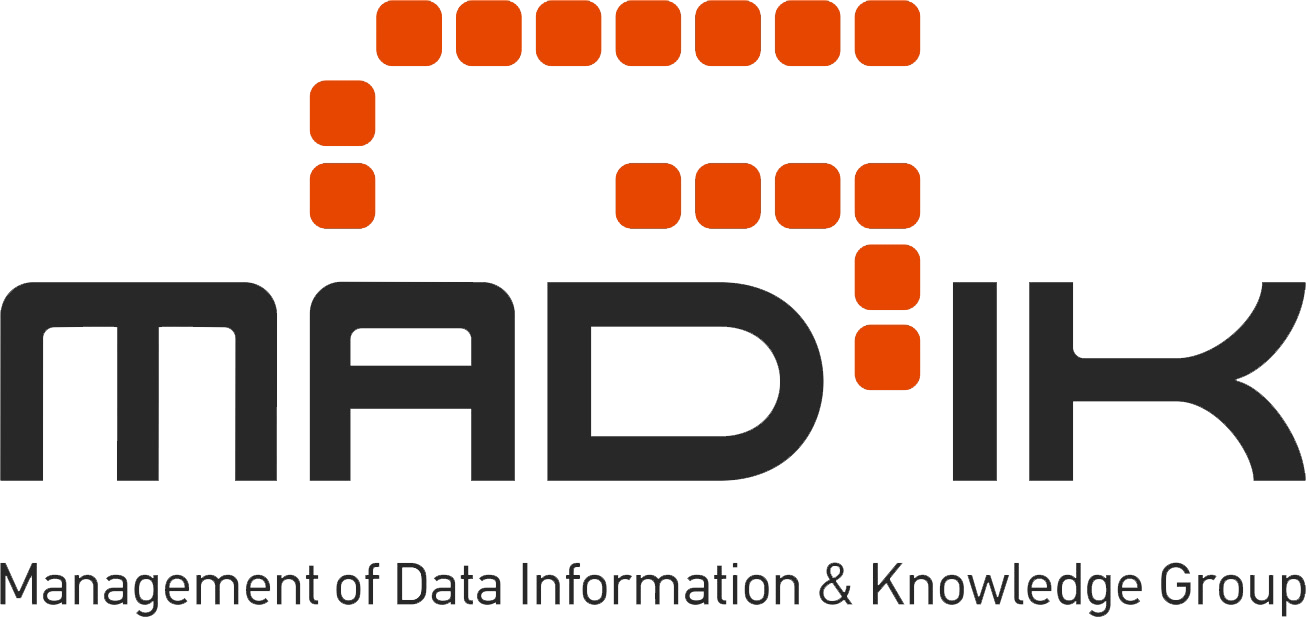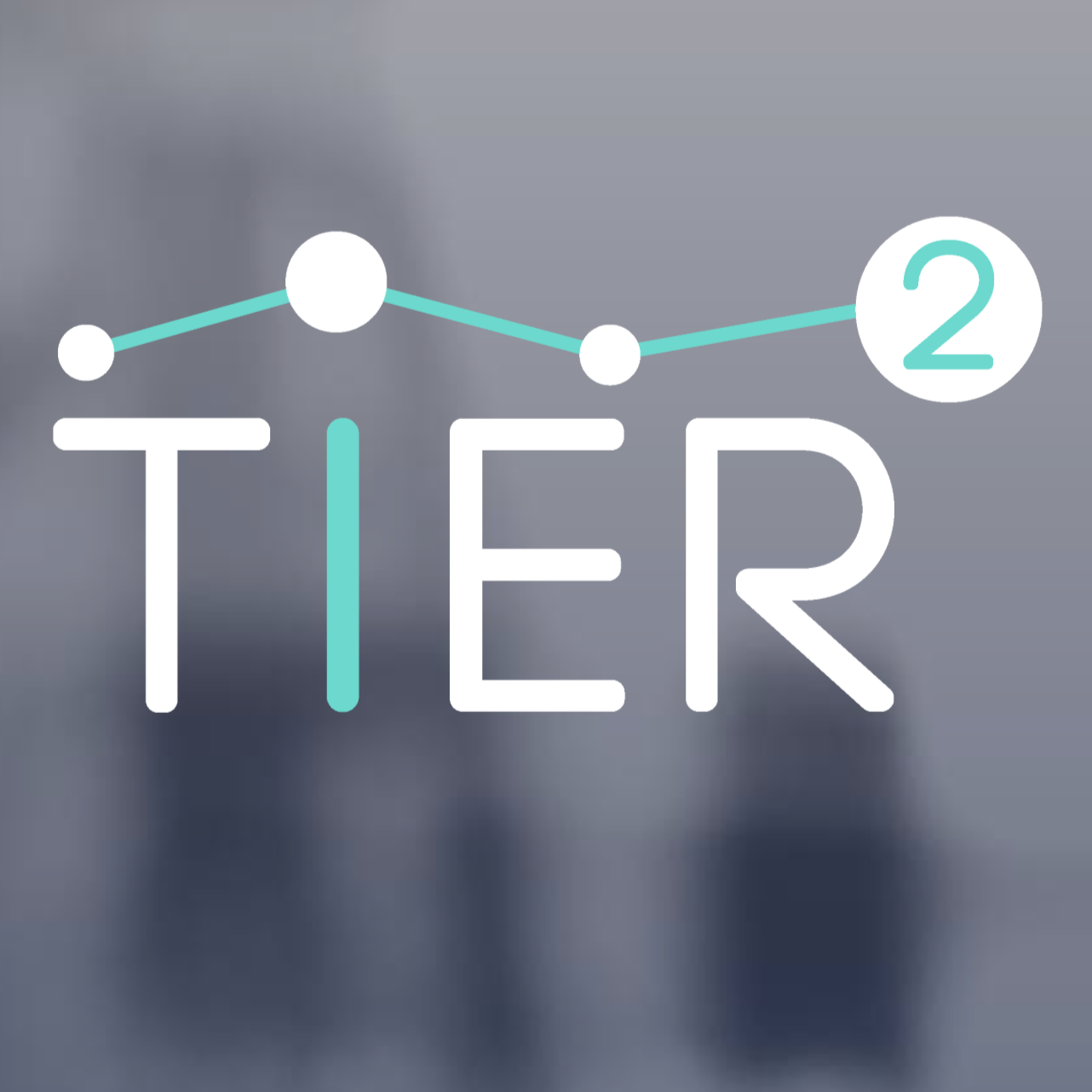ΤΙΕR 2
TIER2: ENHANCING TRUST, INTEGRITY AND EFFICIENCY IN RESEARCH THROUGH NEXT- LEVEL REPRODUCIBILITY IMPACT PATHWAYS
TIER2 aims to boost knowledge on reproducibility, create tools, engage communities, implement interventions and policy across different contexts to increase re-use and overall quality of research results.
Background
Reproducibility is often claimed as a central principle of the scientific method. It refers to the possibility for the scientific community to obtain the same results as the originators of a specific finding. Recently, concerns about a “reproducibility crisis” have grown in a variety of disciplines, especially in behavioural and medical sciences. This has been exacerbated by key problems such as a lack of transparency in reporting, data, and analysis, lack of replication studies, publication bias towards reporting of positive results, and a growing awareness of questionable research practices.
Poor levels of reproducibility are seen as a serious threat to scientific self-correction, efficiency of research processes, and societal trust in research results. There is a need to address issues in reproducibility in order to reduce inefficiencies, avoid repetition, maximise return on investment, prevent mistakes, and speed innovation to bring trust, integrity and efficiency to the European Research Area (ERA) and the global Research and Innovation (R&I) system in general.
In response to these challenges, TIER2 will centre epistemic diversity by selecting three broad research areas - social, life, and computer sciences, and two cross-disciplinary stakeholder groups - research publishers and funders to systematically investigate reproducibility across contexts. Through coordinated co-creation with these communities, TIER2 will:
examine the epistemological, social, and technical factors that shape reproducibility across contexts
build a state-of-the-art evidence-base on extent and efficacy of existing reproducibility interventions and practices
co-create techniques of scenario-planning, backcasting, and user-centred design to select, prioritise, adapt, and implement new tools to enhance reproducibility across contexts.
TIER2 will contribute to increasing the re-use and overall quality of research results and consequently boost trust, integrity and efficiency in research.
Scientific Director




